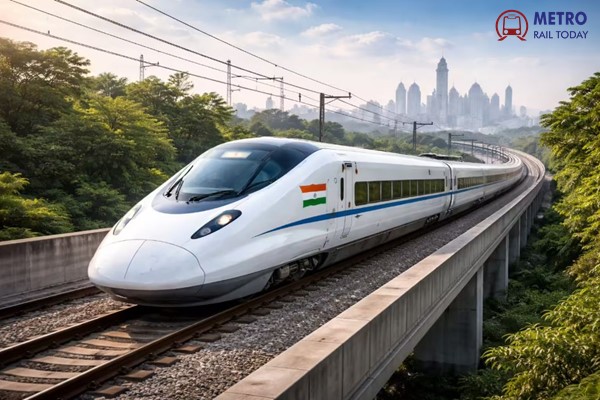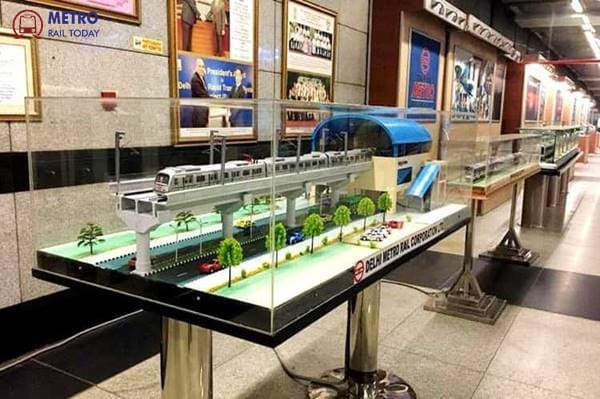 SAM India Builtwell bags first ₹222.76 Crore Civil Contract for Delhi Metro Phase V
SAM India Builtwell bags first ₹222.76 Crore Civil Contract for Delhi Metro Phase V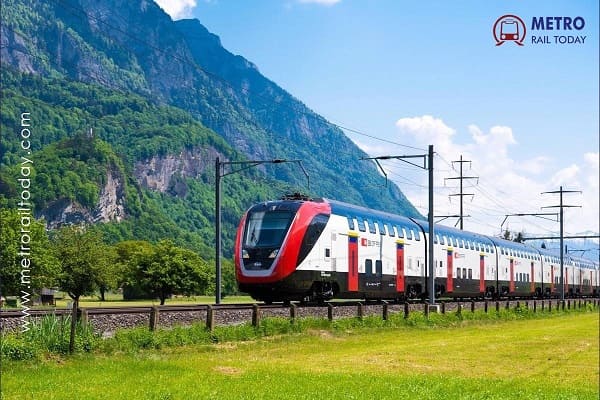 HRIDC conducts Investors Pre-Bid Meeting for Haryana Orbital Rail Corridor
HRIDC conducts Investors Pre-Bid Meeting for Haryana Orbital Rail Corridor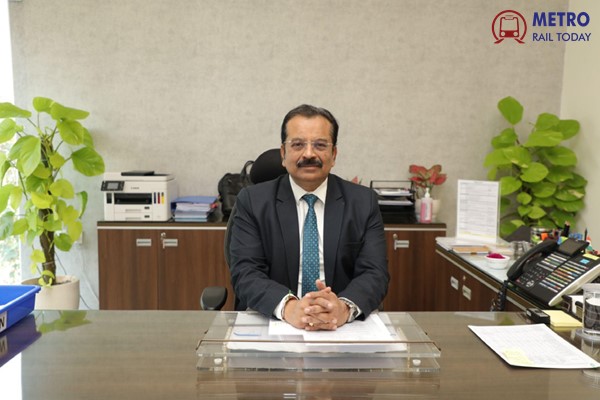 NCRTC Chief Shalabh Goel appointed as General Manager of Central Railway
NCRTC Chief Shalabh Goel appointed as General Manager of Central Railway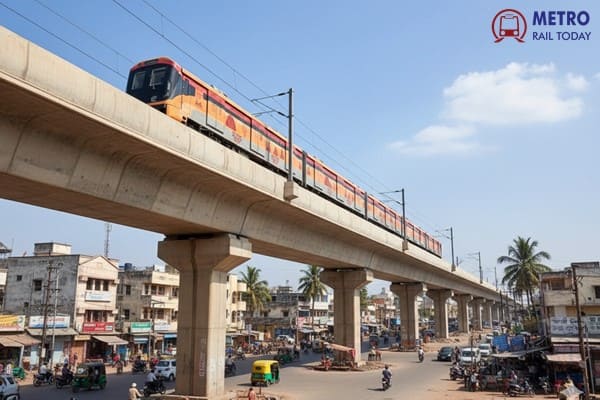 Patna Metro completes Trial Run between Bhootnath and Malahi Pakdi Stations
Patna Metro completes Trial Run between Bhootnath and Malahi Pakdi Stations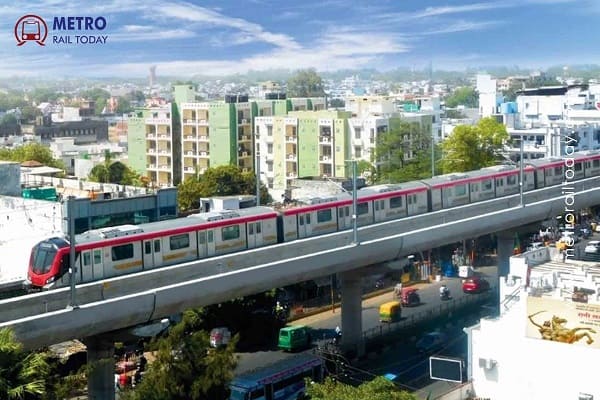 LDA proposes extension of Lucknow Metro East–West Corridor up to Rashtra Prerna Sthal
LDA proposes extension of Lucknow Metro East–West Corridor up to Rashtra Prerna Sthal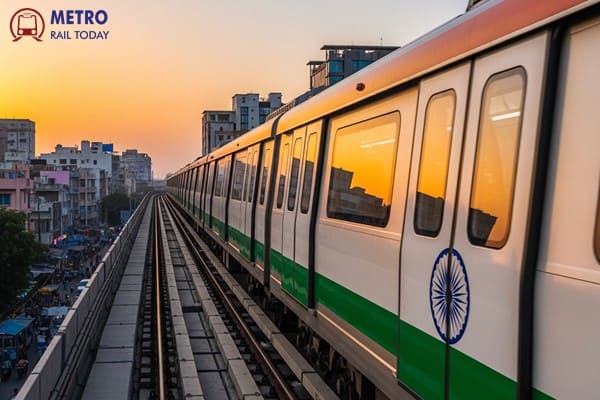 Odisha re-evaluates feasibility of Bhubaneswar Metro in line with the National Metro Rail Policy
Odisha re-evaluates feasibility of Bhubaneswar Metro in line with the National Metro Rail Policy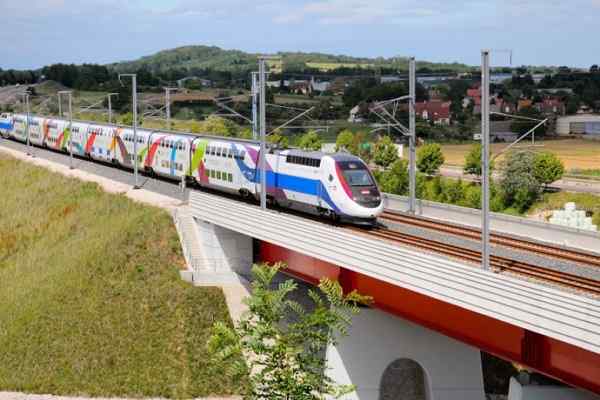 Haryana approves 64-km Gurugram–Faridabad–Noida Namo Bharat RRTS Corridor
Haryana approves 64-km Gurugram–Faridabad–Noida Namo Bharat RRTS Corridor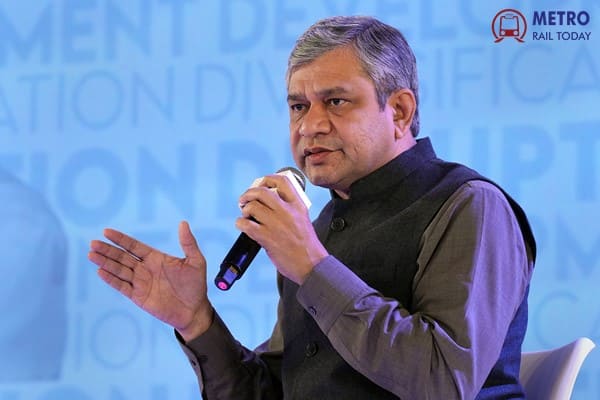 Railway Minister invites Startups to join Rail-Tech Portal for Driving Innovation in Indian Railways
Railway Minister invites Startups to join Rail-Tech Portal for Driving Innovation in Indian Railways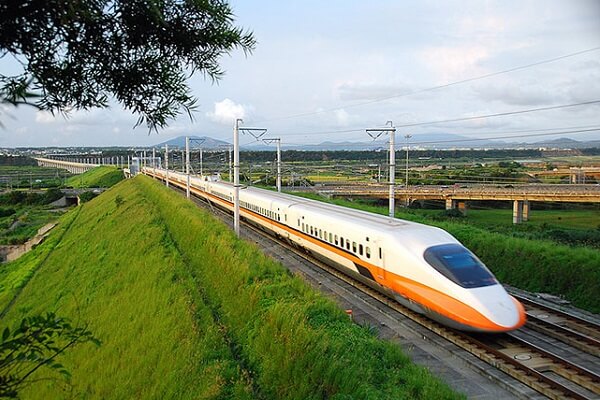 Railway Ministry directs NHSRCL to prepare revised DPR for Delhi–Varanasi High Speed Rail Corridor
Railway Ministry directs NHSRCL to prepare revised DPR for Delhi–Varanasi High Speed Rail Corridor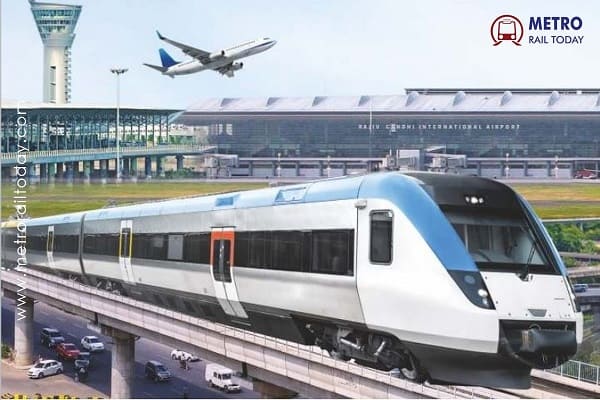 Maharashtra approves ₹22,862 Crore Mumbai Metro Line 8 connecting Mumbai and Navi Mumbai Airports
Maharashtra approves ₹22,862 Crore Mumbai Metro Line 8 connecting Mumbai and Navi Mumbai Airports
DRA Infracon–Siemens JV wins Signaling Contract of Mumbai-Ahmedabad Bullet Train Project
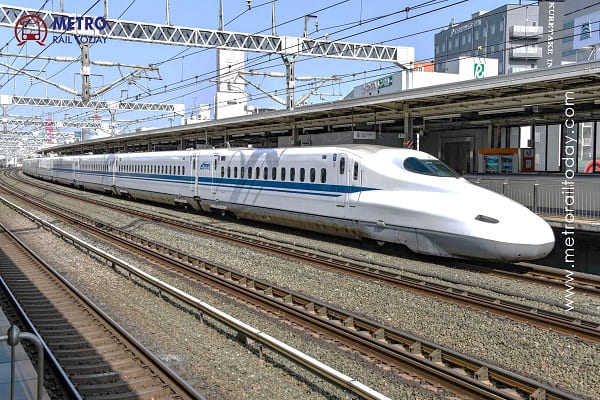
New Delhi, India (Metro Rail Today): In a major development for India’s first high-speed rail corridor, the joint venture of DRA Infracon and Siemens has been declared the lowest bidder for the critical Signaling and Telecommunication (S&T) system contract of the Mumbai–Ahmedabad High-Speed Rail (MAHSR) project. The announcement was made by the National High Speed Rail Corporation Limited (NHSRCL), the implementing agency for the ambitious bullet train initiative.
This milestone comes as a significant step forward in the long-delayed systems procurement phase of the 508.17 km MAHSR corridor. The DRA–Siemens JV outbid the Alstom Transport – Larsen & Toubro (L&T) JV with a quoted price of ₹4,140.06 crore, a substantial margin below the ₹12,686.13 crore offered by the rival consortium. Both bids included provisional sums with no discounts applied. The contract will cover the design, manufacturing, supply, installation, integration, testing, commissioning, and comprehensive maintenance of the signaling and train control systems, telecom infrastructure, and operation control center for the entire stretch between Mumbai and Ahmedabad.
Financial Positions
- DRA Infracon -Siemense JV: ₹4,140.06 crore (L1)
- Alstom - L&T JV: ₹12,686.13 (L2)
The contract, with a duration of 2,555 days (approximately 7 years), was tendered by NHSRCL in January 2025, and technical bids were opened in late April, revealing just two contenders. While NHSRCL's internal estimate for the package remains undisclosed, the striking price difference between the two bids indicates a likely swift awarding of the contract to the DRA–Siemens team.
This marks the third contract win for DRA Infracon on the high-speed rail project, following its earlier wins for civil Package C7 in Ahmedabad and civil Package D1 for the Thane Depot in Maharashtra.
Despite significant progress on the civil construction front across both Gujarat and Maharashtra, the systems and rolling stock procurement segments have seen delays. There is still no official confirmation on the final signaling technology to be implemented. While NHSRCL’s April 2024 project brochure mentions Digital Shinkansen – Automatic Train Control (DS-ATC) technology with advanced braking to prevent collisions and overruns, BEML’s contract awarded in October 2024 for two prototype train-sets specifies the use of European Train Control System (ETCS) Level 2, currently operational in India only on the Delhi–Meerut RRTS.
As of now, it remains unclear which system will be ultimately adopted, but the momentum appears to be building with system tenders finally progressing. According to The Japan Times, Japan is expected to supply one train-set each from the E5 and E3 Shinkansen series by 2026 as part of early testing and inspection. India may later adopt the next-generation E10 series for operational use in the 2030s. Meanwhile, BEML is producing two 8-coach train-sets capable of reaching speeds up to 250 kmph, which are likely to play a key role in early trials and certification.
With an estimated total project cost of ₹1.1 lakh crore (USD 15 billion) and a 12-station route that promises to reshape intercity mobility between Mumbai and Ahmedabad, the MAHSR project is steadily transitioning from blueprint to reality. The S&T contract is among the most complex and strategically vital components, and this latest development is a strong signal that India’s bullet train dream is gathering real speed.





